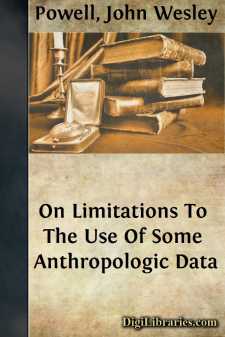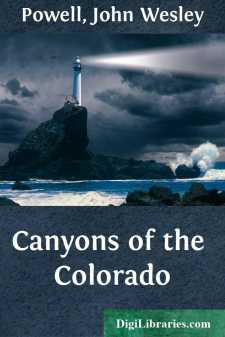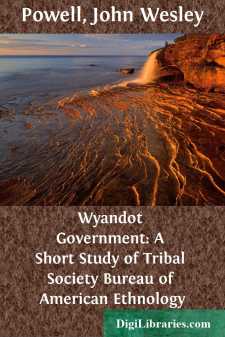Categories
- Antiques & Collectibles 13
- Architecture 36
- Art 48
- Bibles 22
- Biography & Autobiography 813
- Body, Mind & Spirit 142
- Business & Economics 28
- Children's Books 15
- Children's Fiction 12
- Computers 4
- Cooking 94
- Crafts & Hobbies 4
- Drama 346
- Education 46
- Family & Relationships 57
- Fiction 11829
- Games 19
- Gardening 17
- Health & Fitness 34
- History 1377
- House & Home 1
- Humor 147
- Juvenile Fiction 1873
- Juvenile Nonfiction 202
- Language Arts & Disciplines 88
- Law 16
- Literary Collections 686
- Literary Criticism 179
- Mathematics 13
- Medical 41
- Music 40
- Nature 179
- Non-Classifiable 1768
- Performing Arts 7
- Periodicals 1453
- Philosophy 64
- Photography 2
- Poetry 896
- Political Science 203
- Psychology 42
- Reference 154
- Religion 513
- Science 126
- Self-Help 84
- Social Science 81
- Sports & Recreation 34
- Study Aids 3
- Technology & Engineering 59
- Transportation 23
- Travel 463
- True Crime 29
John Wesley Powell
John Wesley Powell was an American explorer, geologist, and ethnologist best known for leading the first expedition down the Colorado River through the Grand Canyon in 1869. He was a pioneering figure in the study of the American West and made significant contributions to the understanding of Native American cultures. Powell also served as the second director of the U.S. Geological Survey, where he advocated for the careful management of the arid lands in the western United States.
Author's Books:
Sort by:
ARCHÆOLOGY. Investigations in this department are of great interest, and have attracted to the field a host of workers; but a general review of the mass of published matter exhibits the fact that the uses to which the material has been put have not always been wise. In the monuments of antiquity found throughout North America, in camp and village sites, graves, mounds, ruins, and scattered works of...
more...
I.—THE PROCESS BY COMBINATION. Two or more words may be united to form a new one, or to perform the office of a new one, and four methods or stages of combination may be noted. a. By juxtaposition, where the two words are placed together and yet remain as distinct words. This method is illustrated in Chinese, where the words in the combination when taken alone seldom give a clew to their meaning when...
more...
CHAPTER I. THE VALLEY OF THE COLORADO. THE Colorado River is formed by the junction of the Grand and Green. The Grand River has its source in the Rocky Mountains, five or six miles west of Long's Peak. A group of little alpine lakes, that receive their waters directly from perpetual snowbanks, discharge into a common reservoir known as Grand Lake, a beautiful sheet of water. Its quiet surface...
more...
In the social organization of the Wyandots four groups are recognized—the family, the gens, the phratry, and the tribe. THE FAMILY. The family, as the term is here used, is nearly synonymous with the household. It is composed of the persons who occupy one lodge, or, in their permanent wigwams, one section of a communal dwelling. These permanent dwellings are constructed in an oblong form, of poles...
more...
THE GENESIS OF PHILOSOPHY. The wonders of the course of nature have ever challenged attention. In savagery, in barbarism, and in civilization alike, the mind of man has sought the explanation of things. The movements of the heavenly bodies, the change of seasons, the succession of night and day, the powers of the air, majestic mountains, ever-flowing rivers, perennial springs, the flight of birds, the...
more...






